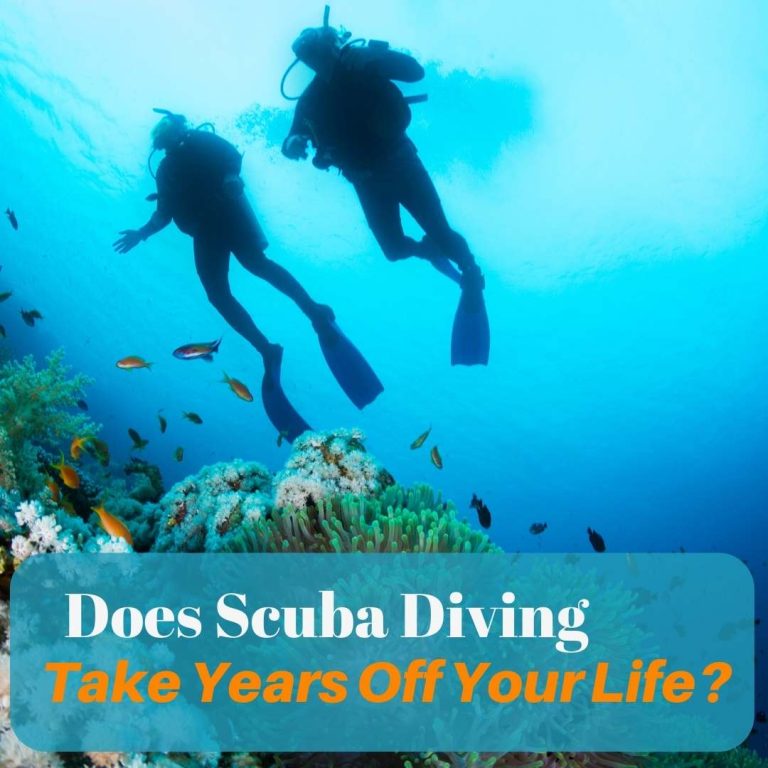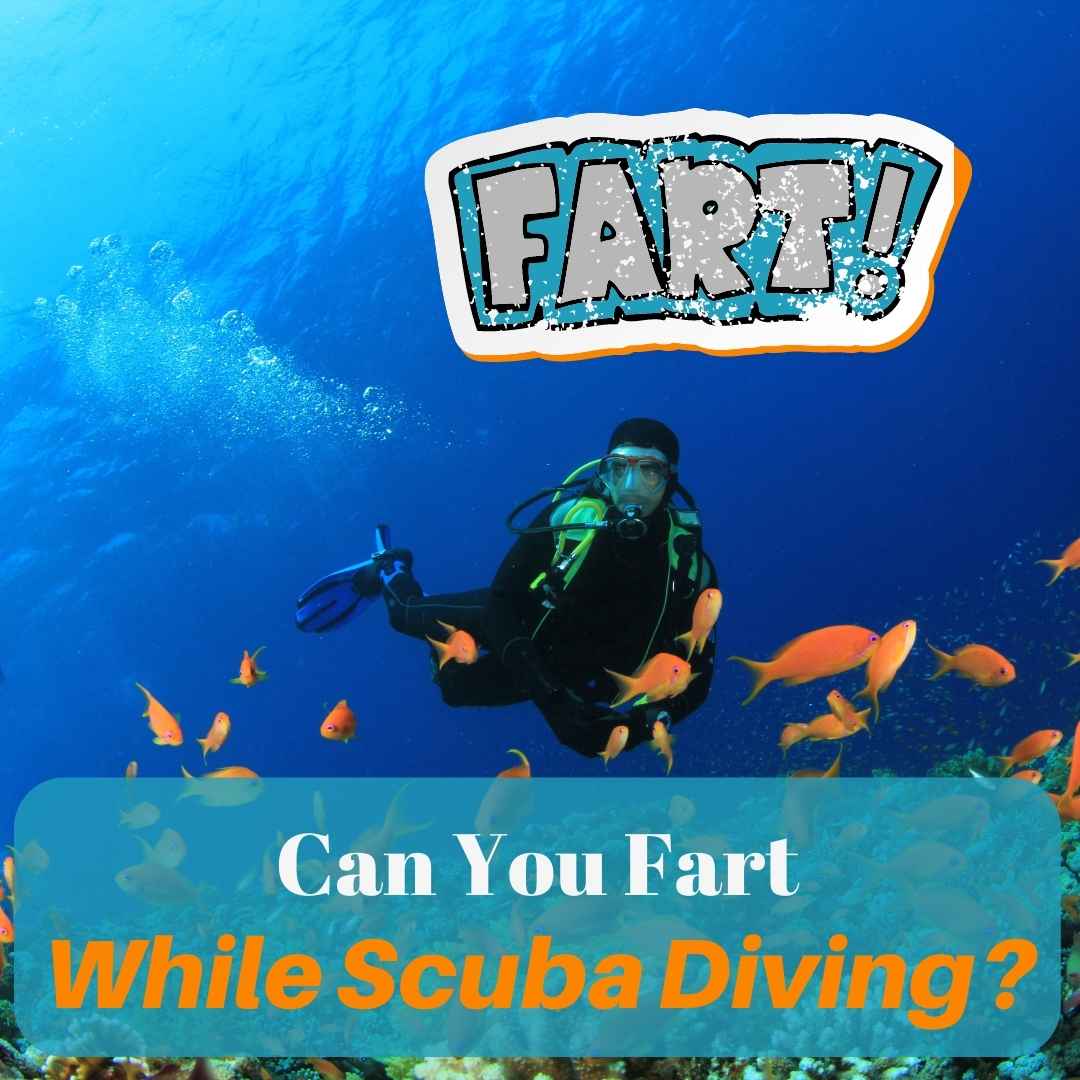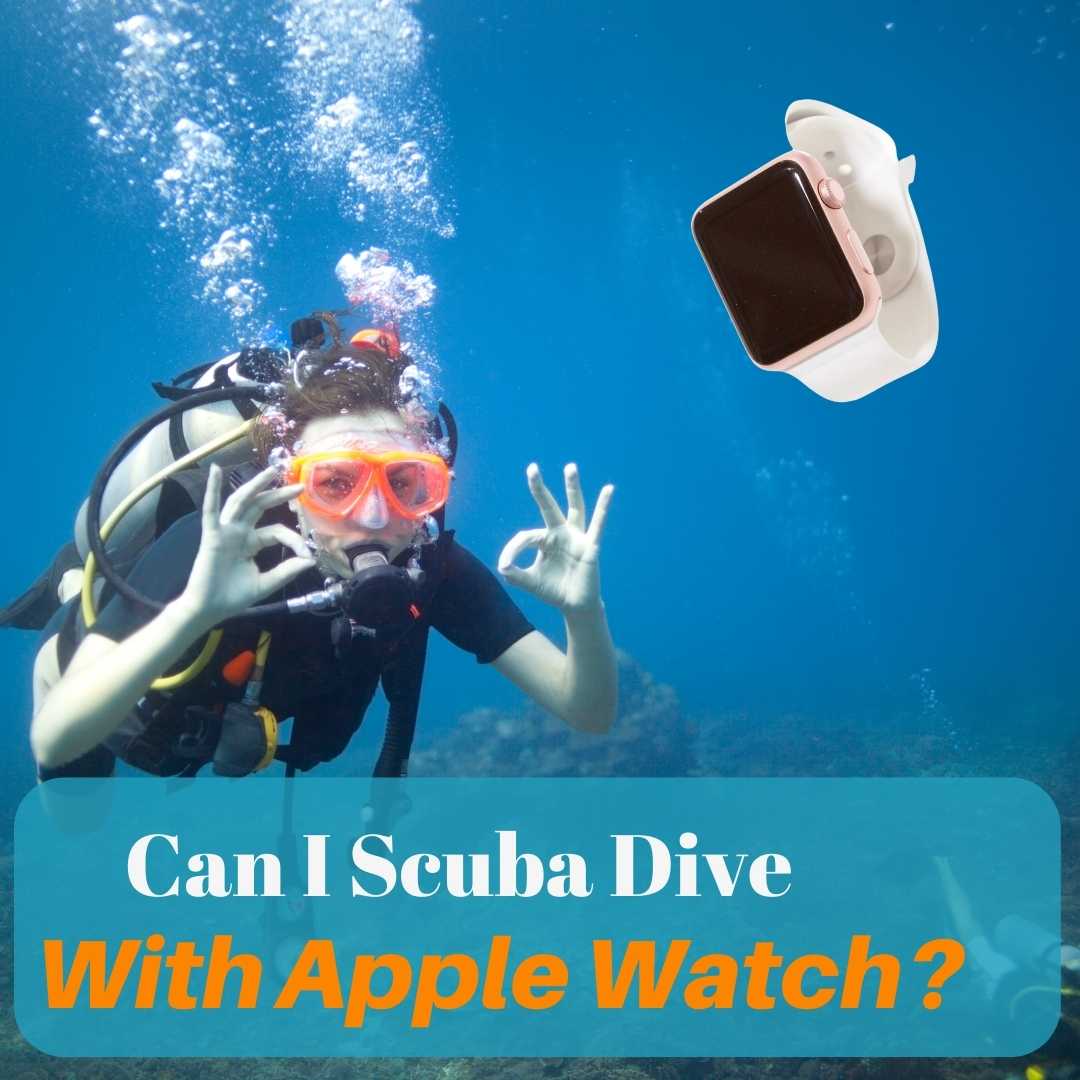If you’re a recreational or professional scuba diver, you definitely heard family members or friends express concerns about the sport’s safety and effects on longevity.
We all know about the immediate risks like Decompression Sickness (DCS), Nitrogen Narcosis, or technical accidents that may result in drowning, but what about the long-term effects?
Because scuba diving is a relatively new sport, there aren’t many studies done on its effect on longevity. There are no conclusive studies confirming that scuba diving takes years off your life, and proof of this are the many divers that have decades of experience and thousands of dives under their belt.
Let’s dive deeper into the topic.

Table of Contents
Does Scuba Diving Shorten Your Life?
We didn’t find any conclusive research from trustworthy sources suggesting that scuba diving reduces longevity.
Designing and conducting such research is harder than you might think. Researchers have to take into account the plethora of variables that affect a person’s life expectancy:
- Genetics
- Lifestyle
- Accidents
- Illnesses not related to scuba diving
- Provenience
- Basically, researchers would need to find a group of scuba divers with 100% identical starting parameters, and compare their average life expectancy to a control group of people that don’t practice scuba diving.
Although we don’t have conclusive studies on the subject, scientists believe that scuba diving does not shorten one’s life.
Also Read: Can you fart while scuba diving?

Does Breathing Air or Nitrox Have Negative Effects?
Divers mostly breathe air (79% nitrogen, 21% oxygen), nitrox (up to 40% oxygen), trimix (nitrogen, oxygen, and helium), and decompression gases. Breathing these gases underwater produces reactive oxygen, also known as free radicals. These, in turn, result in something called “oxidative stress”.
Oxidative stress is a phenomenon caused by an imbalance between production and accumulation of oxygen reactive species (ROS) in cells and tissues and the ability of a biological system to detoxify these reactive products.
Jul 27, 2017
https://www.ncbi.nlm.nih.gov/pmc/articles/PMC5551541/
To confuse things further, we have “good” oxidative stress – it was proven that our body needs a certain amount of free radicals to properly function. The “bad” oxidative stress – when the amount of free radicals is higher than what our body needs – may potentially damage DNA and protein cells. The proper balance between “good” and “bad” oxidative stress is maintained by the immune system.
Fortunately, there are no studies confirming that scuba diving causes oxidative stress imbalance.
Also read: Does Scuba Diving Dehydrate You?
Does Scuba Diving Increase Your Chances of Having Cardiovascular Disease?
According to Ingrid Eftedal, Ph.D., a renowned researcher of the physiological responses to extreme environments, there is no data indicating that diving is detrimental to the cardiovascular system.
Dr. Eftedal also notes that diving may actually be beneficial for the heart. She states that breathing high amounts of oxygen results in the production of molecular chaperones, an important protein that has been proven to protect from heart injuries.
It’s important to remember that scuba diving can put a serious amount of physiological pressure on a diver’s body. Like any other demanding sports, you have to make sure that you have the proper physical fitness before going for deep and long dives.
Is Scuba Diving Good for Your Health?
Scuba diving is a form of exercise, and if you’re a diver you know how tiring it can be at times.
Like any other intense physical activity, diving burns calories. The average recreational diver burns from 300 to 600 calories per hour. So, for one, scuba diving can be a good workout that will keep you healthy long-term.
Another benefit of scuba diving is the fact that it trains you to breathe deep and slow. Doing this exercise for hours underwater will improve your respiratory system’s health.
Scuba diving can also be a great meditation exercise. Being underwater and focusing on your breath while exploring the depths will help you forget about your problems, at least for a couple of hours. This will improve your mental health. I mean, have you ever seen a depressed diver?
Also read: Does Scuba Diving Make You Poop?
Conclusion
We hope we answered your question on whether scuba diving takes years off your life.
It doesn’t!
There are no studies showing a correlation between diving and lower life expectancy. We also have a lot of scuba diving veterans in the community that all look and feel like they’re 21.
The bottom line is, as long as you don’t have any pre-existing conditions, have the proper training, and are not exposing yourself to too much stress, scuba diving is a great activity and lifestyle!




